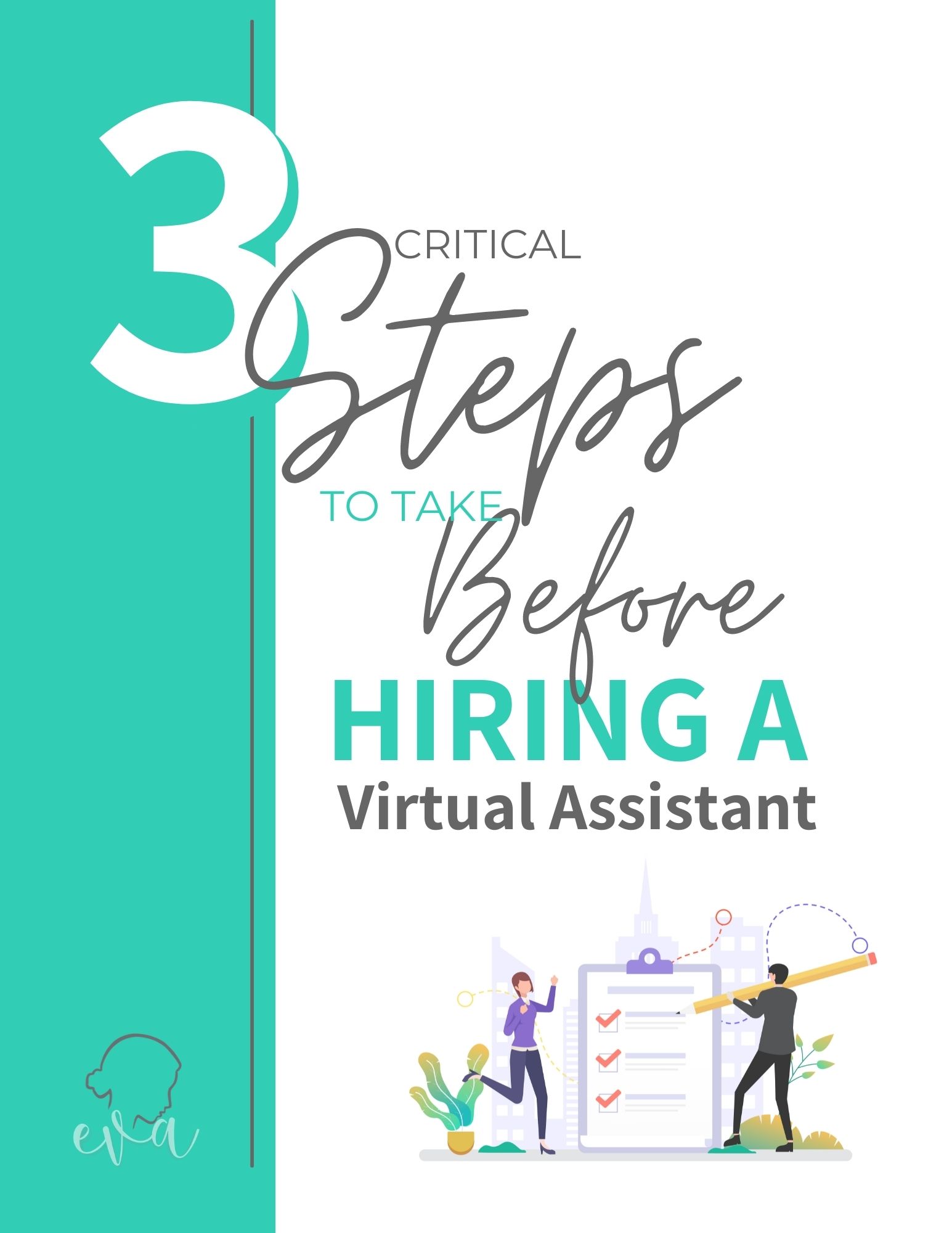Delegating – is it art? Or a science? Okay, so delegating isn’t necessarily an “ART”, but it is a necessity to grow your business and your bottom line.
The definition of the word delegate is: “Entrust (a task or responsibility) to another person, typically one who is less senior than oneself.” It also means “a person to represent others”.
According to an article from SmallBusiness.com, there are 28.8 million small businesses in the US alone. 80% (23 million) of those consist of a sole owner with no employees while just 20% (5.8 million) have paid employees.
Did you know that 50% of these small businesses will fail within the first 5 years? Yes, half will make it, but half won’t.
Business today is much different than it was in the past. Social media has brought marketing to an all-new level, and to stay current and effective takes a lot of time and effort -most small businesses don’t have the resources for that.
The art of delegating isn’t easy…as a business owner, it’s not easy to give work to others that are representing you and your company. But it’s when you step out of your comfort zone that things happen…and having more time, tools, and processes are what will help your business grow and succeed
When you delegate effectively, you’re sending the work to the person who has the right combination of skills and time to get the job done.
Whether you have employees or not, there comes a time when you need to start delegating tasks so your business can grow. It’s hard to break the “I can do it myself” mindset, and there’s a myth that people need to be busy and overwhelmed before they can hire the help they need. It’s actually the opposite…even if your business is growing slowly, as an owner and entrepreneur you need to be focusing on the higher-value activities and leave the low-value work to those who can get it done quickly and efficiently.
Let’s do the math.
As we know, time is money. Let’s say you have a consulting business. If you bill $125 an hour for your services, ideally you’d like to be able to bill 40 hours a week at $125/hr. But typically you can’t do that, because 5-10 of those hours each week aren’t spent consulting, they’re spent doing lower value work like researching your next market, creating a social media campaign, scheduling your social media posts, finding images for the posts…you get the point.
This type of work is working “in” your business. Let’s say you can bill 35 hours at $125, weekly you could bring in $4,375.00. Now let’s say you find someone to fill your 5 hours of low-level tasks at $30/hr for easy math. You’re spending $150 a week, which frees you up to make an extra $625 weekly. Once you’ve paid your assistant, you’re left with an extra $475 each week or $1,900 a month…could you use that extra money?
If you delegate this work to someone who is a non-employee you’re also NOT paying for:
- Retirement
- Sick Leave
- Vacation Time
- Office Equipment
- Supplies
We’ll continue this series in the coming weeks, but in the meantime, if you’re thinking about how to get started delegating effectively, take some time to:
- Jot down what you do on a daily basis.
- Look at which of these areas are repetitive.
- Identify other tasks you can teach someone to do.
You now have a starting point….
If you have a specific delegating dilemma, be sure to join our next Delegate Express Zone where we’ll offer solutions in 30 minutes or less.
Stop struggling…register here.

